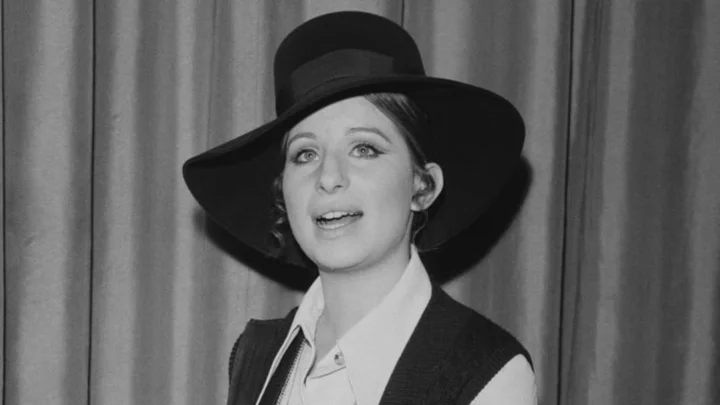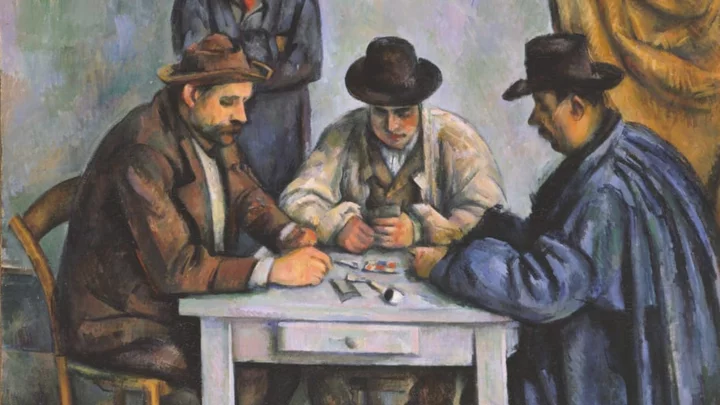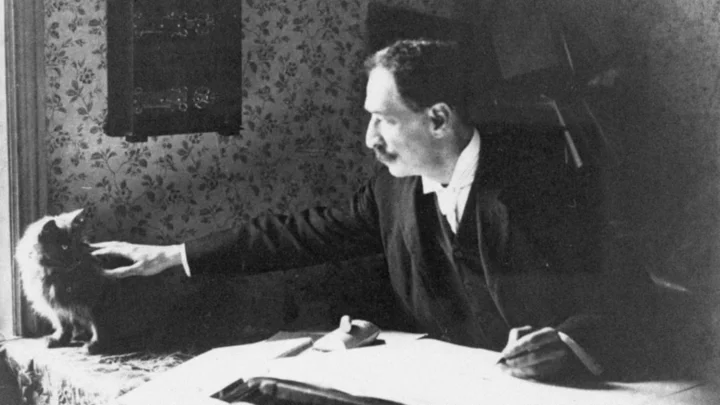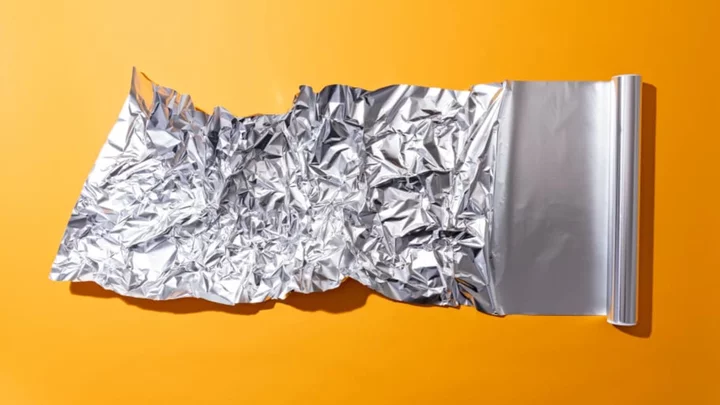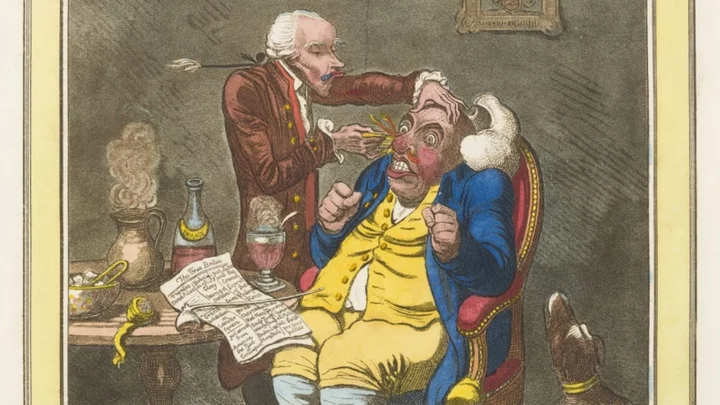It’s common sense: If you make a big deal over something, it’s going to attract attention. And if you’re an international celebrity—like, say, Barbra Streisand—you’re going to draw even more attention.
Hence, the Streisand Effect, which, according to The Economist, occurs when “efforts to suppress a juicy piece of online information can backfire and end up making things worse for the would-be censor.” (See also: The Beyoncé Super Bowl Fiasco.)
In 2003, Streisand sued photographer Kenneth Adelman for distributing aerial pictures of her mansion in Malibu. But Adelman was no paparazzo—he operated the California Coastal Records Project, a resource providing more than 12,000 pictures of the California coast for scientists and researchers to use to study coastal erosion. At the time Streisand sued Adelman for $50 million, the picture in question had been downloaded a whopping total of six times—twice by Streisand’s lawyers [PDF]. Nonetheless, her lawsuit stated that the photos explicitly showed people how to gain access to her private residence.
Of course, news outlets around the world reported on Streisand’s outrage, and before long, the photo on Adelman’s website had received well over a million views. The photo was also picked up by the Associated Press and was reprinted countless times.
As if single-handedly causing the exact thing she didn’t want to happen wasn’t bad enough, Streisand also lost the lawsuit; the judge ordered her to cover the $155,567.04 Adelman had incurred in legal fees.
As for the phrase itself, that was coined by Mike Masnick of the website TechDirt in a 2005 post: “How long is it going to take before lawyers realize that the simple act of trying to repress something they don’t like online is likely to make it so that something that most people would never, ever see ... is now seen by many more people? Let’s call it the Streisand Effect.”
In a 2008 interview with NPR, Masnick revealed he believed it “really sort of changed thanks to the Internet,” and noted: “People feel that their rights are being taken away when someone’s trying to, say, bully someone into suppressing information that they think should be out there.”
A version of this story ran in 2015; it has been updated for 2023.
This article was originally published on www.mentalfloss.com as How Barbra Streisand Inspired the “Streisand Effect”.

